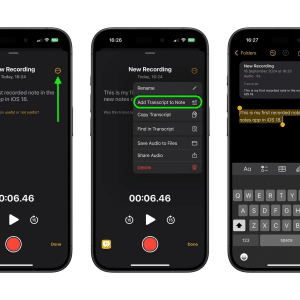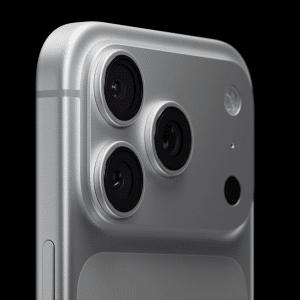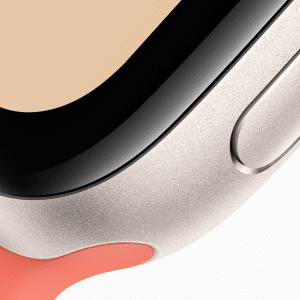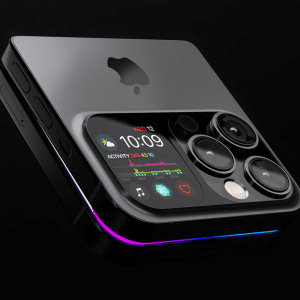
Google, which bought Motorola Mobility in 2011 for $12.5 billion, announced last week it is selling the smartphonemaker to PC manufacturer Lenovo for $2.9 billion. Bad deal? Perhaps not, experts are saying: Think patents, not hardware.
Google is not a hardware company, so why did they pay so much for Motorola? Because what they wanted was not to get into the smartphone manufacturing business so much as they wanted to grab Motorola’s vault of patents.
Google lost out in a 2011 bidding war for the patent trove of Nortel Networks, a bankrupt telecom equipment maker in Canada, which saw 6,000 patents bought by a consortium that included Apple, Microsoft, Blackberry, Ericsson and Sony for $4.5 billion.
That patent haul would protect the consortium from intellectual property infringement suits, but more to the point gave them patent ammunition to sue others — for others, substitute Google.
With patents to arm its own defenses, the true reason for buying Motorola, Google was long expected to unload the hardware side of the company. Most analysts were not surprised at the Lenovo deal, only at the amount of time it took Google to make the move.
The deal is seen by many as a win-win for Lenovo and Google. Lenovo, which sells lots of smartphones in China but not elsewhere, gets an established global brand in Motorola — and two sales successes in the Moto X and Moto G smartphones — while Google will retain control of a majority of the patents.
It also solves the vexing issue of Google being in the Android smartphone business in direct competition with many of its partners. While Google was adamant it kept a “Chinese wall” between its Android group and the Motorola unit, many smartphone makers using Android to power their products were unhappy with the perception of their partner Google also being a competitor in the hardware arena.
Lenovo, for its part, not only immediately gets top-of-the-line smartphones to add to its hardware offerings, it will also have access to some — but not all — of Google’s Motorola patents.
Under Google, Motorola has posted ongoing losses, including $248 million in the most recent quarter, another reason Google chief Larry Page likely decided it was time to let someone else try for a turnaround.
“[T]he smartphone market is super competitive, and to thrive it helps to be all-in when it comes to making mobile devices,” Page wrote in a blog past announcing the sale to Lenovo. “This move will enable Google to devote our energy to driving innovation across the Android ecosystem, for the benefit of smartphone users everywhere.”
It was a sentiment shared by many Wall Street analysts, not to mention Google shareholders.
And for its $2.9 billion, Lenovo gets a chance to bulk up its smartphone arsenal with products from a company considered by many as the true inventor of the cellphone.
“The acquisition of such an iconic brand, innovative product portfolio and incredibly talented global team will immediately make Lenovo a strong global competitor in smartphones,” Lenovo head Yang Yuanqing said in a statement following announcement of the deal.
So both Google and Lenovo are making the usual confident corporate noises that follow such big-dollar gambles.
And the marketplace awaits with the final verdict, as it always does.
UPI












